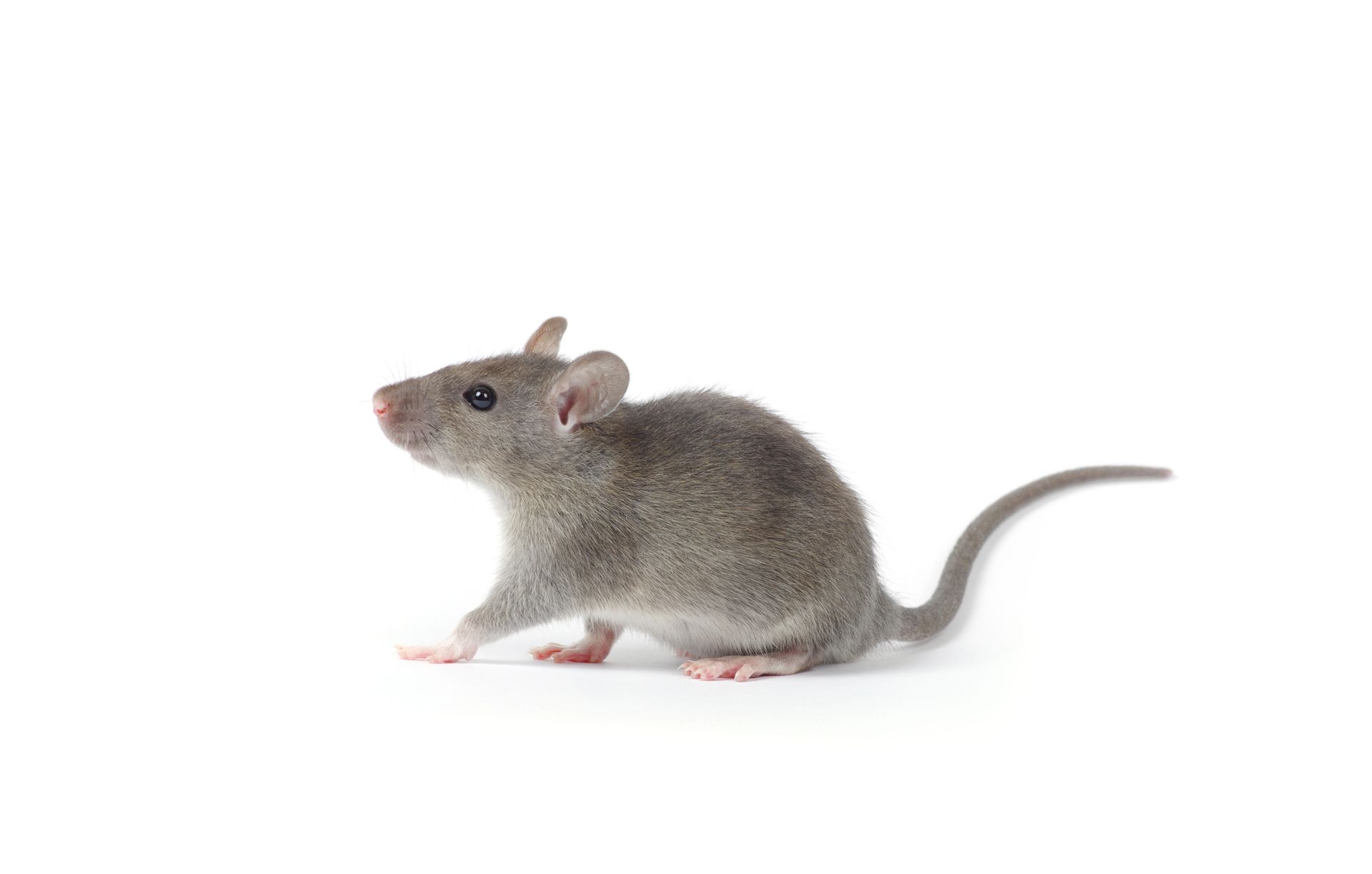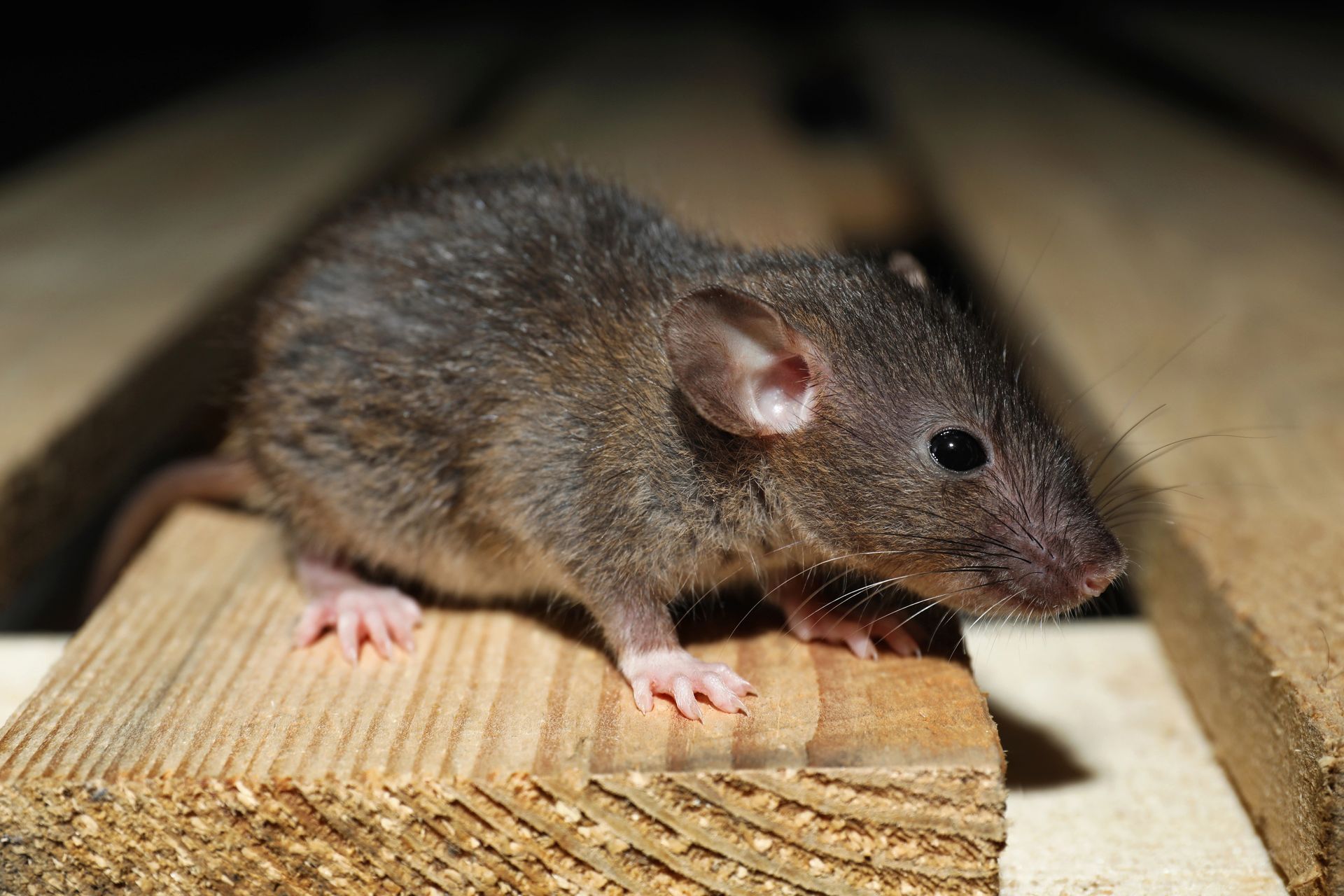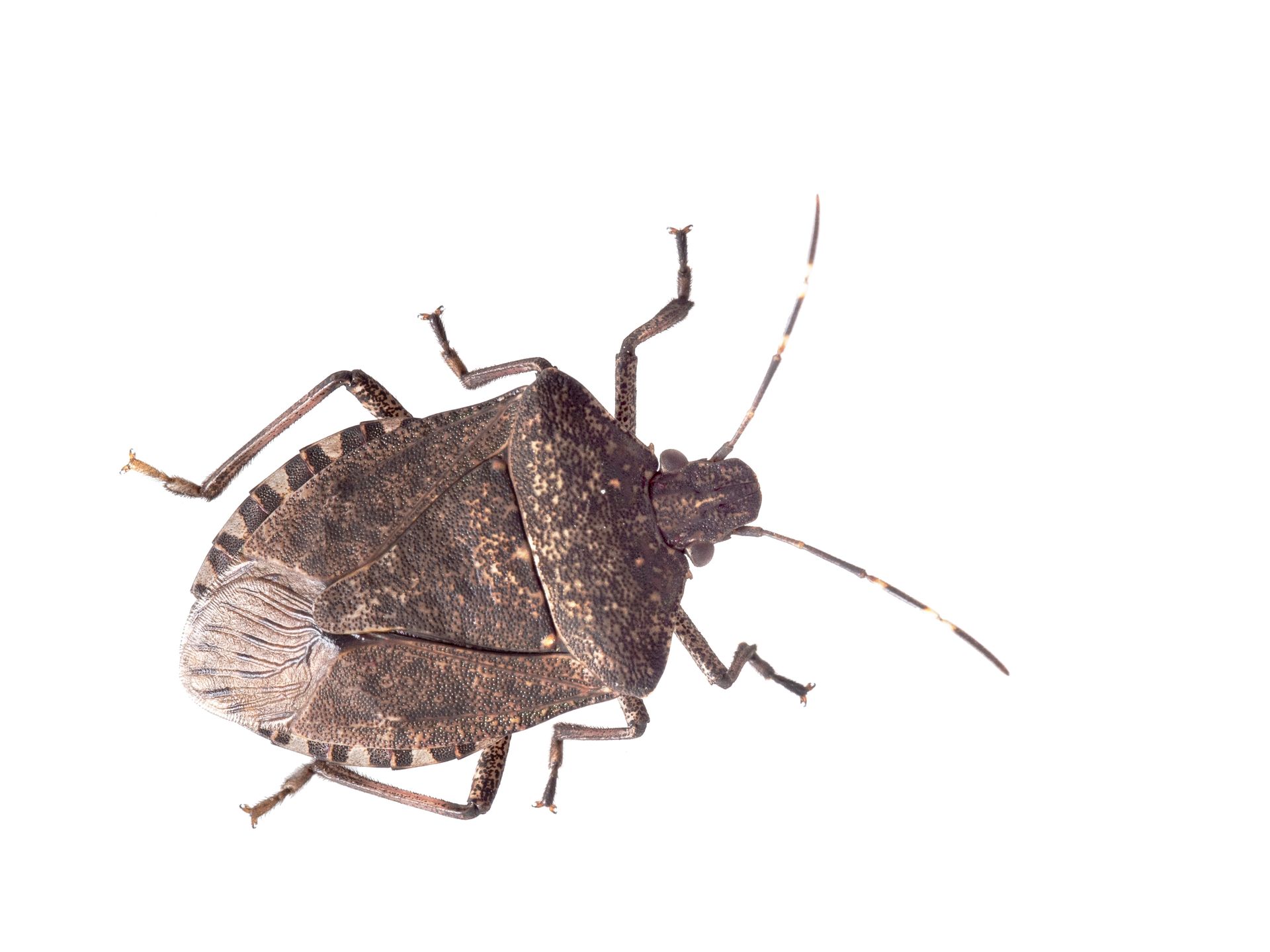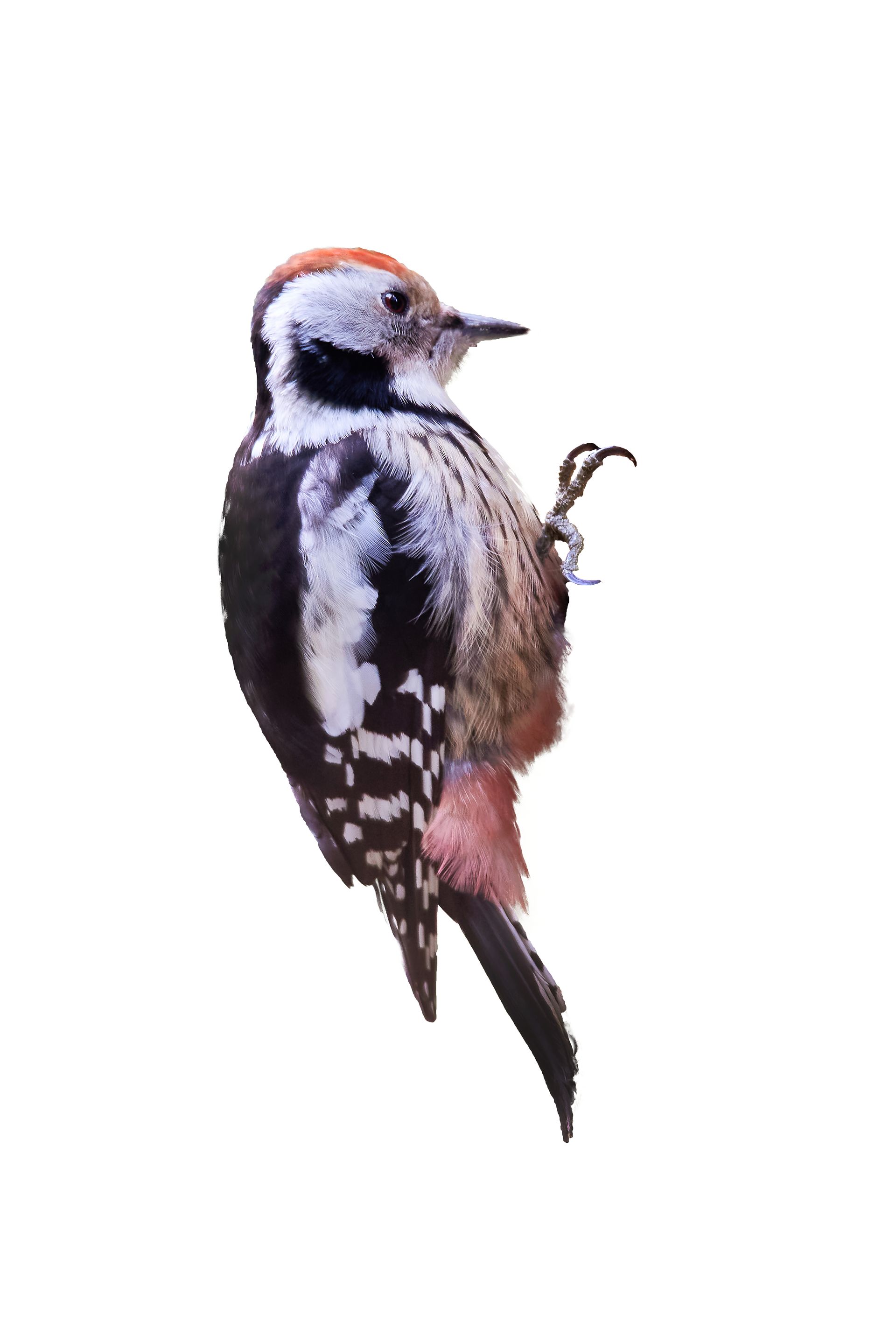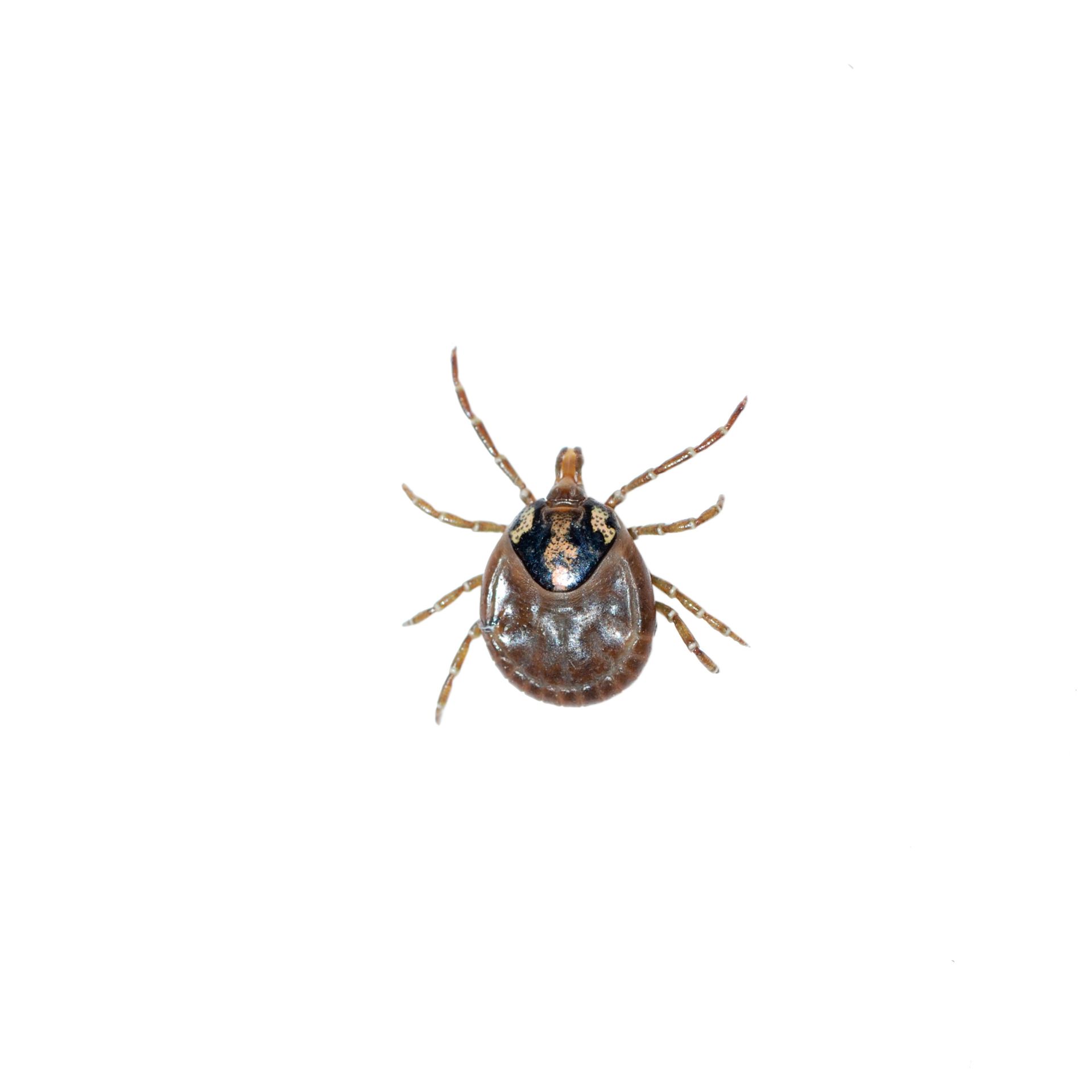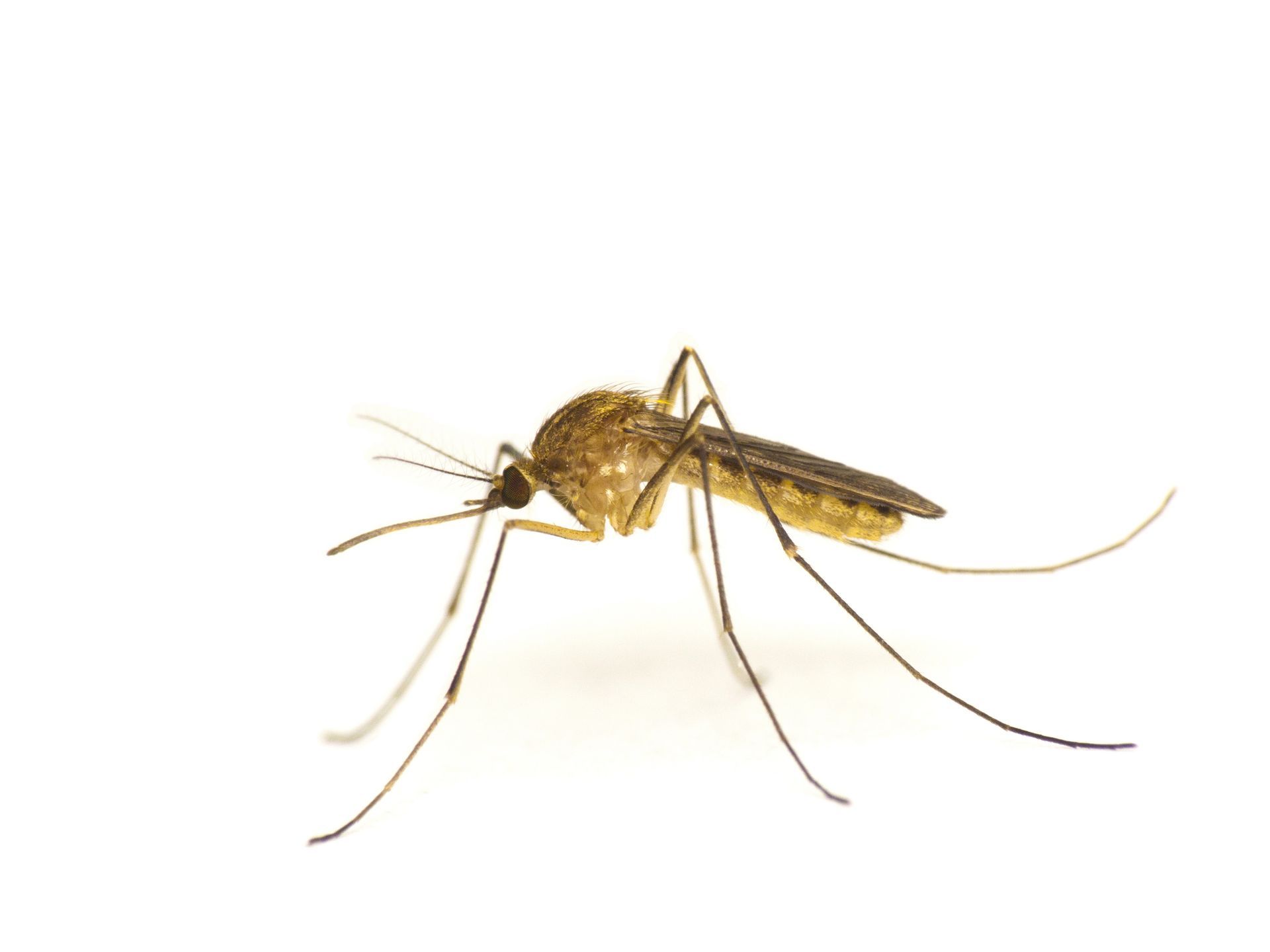Battling the August Invasion: Keeping Japanese Beetles at Bay in Wisconsin
Brian Zahringer • August 7, 2024
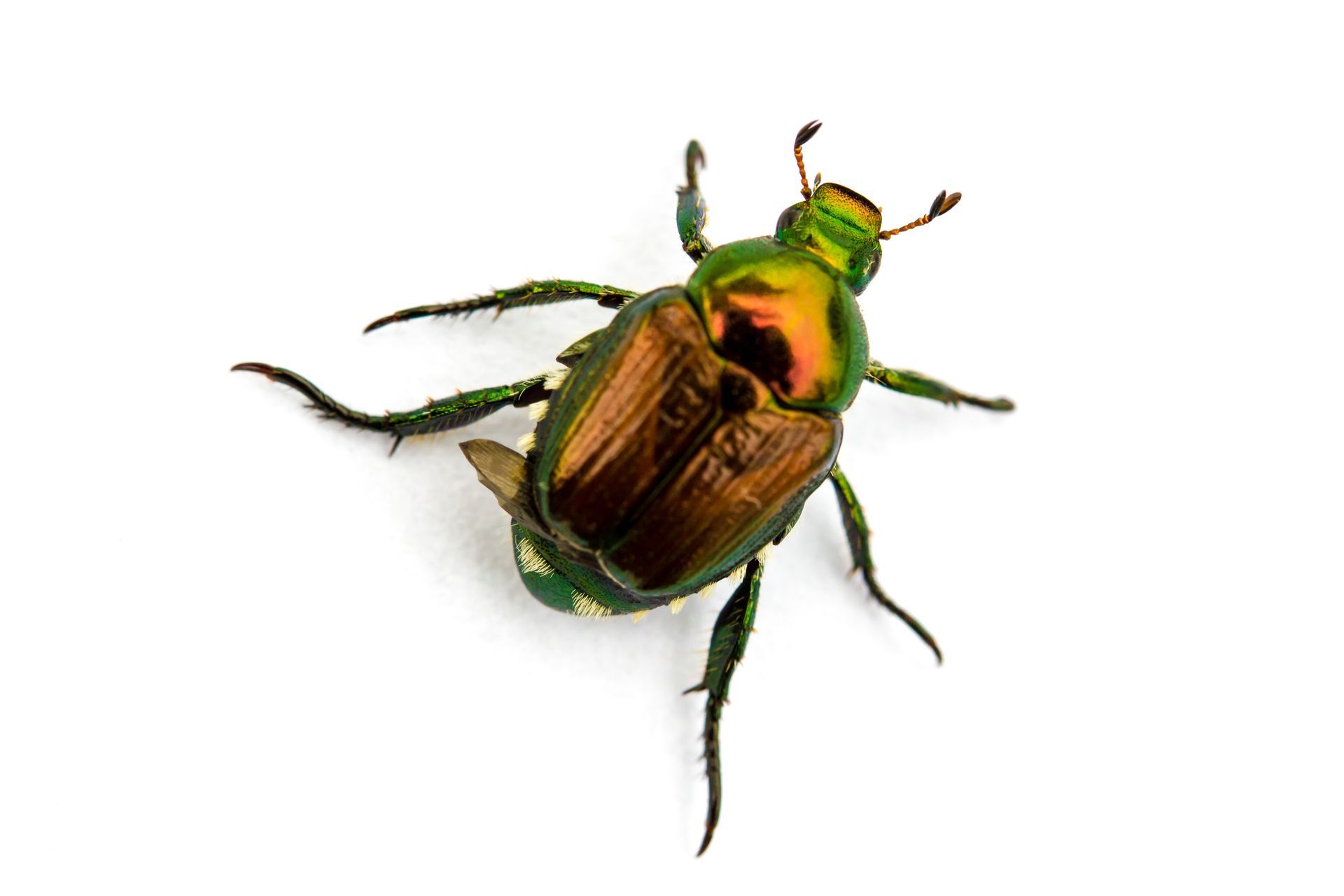
Learn How to Protect Your Garden and Home from These Persistent Pests
August in Wisconsin is a beautiful time of year, with gardens in full bloom and outdoor activities at their peak. However, this month also brings with it an unwelcome visitor: the Japanese beetle. Known for their voracious appetite and ability to decimate plants, Japanese beetles are a common pest that homeowners need to be vigilant about. At BugBoss The X-Terminator, we're here to help you understand these pests and provide effective strategies to keep them at bay.
Understanding Japanese Beetles
What Are Japanese Beetles?
Japanese beetles (Popillia japonica) are a type of invasive beetle that originated in Japan. They first appeared in the United States in the early 20th century and have since become a widespread nuisance across many states, including Wisconsin. These beetles are easily recognizable by their metallic green bodies and copper-colored wings.
Why Are They a Problem?
Japanese beetles are particularly problematic because they feed on a wide variety of plants, including roses, fruit trees, vegetables, and ornamentals. Their feeding habits can cause significant damage, leaving plants defoliated and weakened. In addition to damaging foliage, they can also affect the roots of grasses, impacting lawns and pastures.
The August Peak: Why Now?
Breeding Season
August is a critical time for Japanese beetles because it coincides with their peak breeding season. Adult beetles lay eggs in the soil, which hatch into grubs that feed on grassroots. This cycle repeats each year, leading to large populations if left unchecked.
Climate Conditions
The warm, humid climate of August provides ideal conditions for Japanese beetles to thrive. They are most active during sunny days, and their numbers tend to peak during this month, making them a persistent challenge for gardeners and homeowners alike.
Protecting Your Garden and Home
Identify Infested Areas
Inspect Your Plants: Regularly check your plants for signs of beetle activity. Look for skeletonized leaves, which are a telltale sign of feeding. Pay special attention to plants that are known favorites, such as roses, grapes, and birch trees.
Check for Grubs: If you notice brown patches in your lawn, it may indicate a grub infestation. Dig a small section of turf to check for white, C-shaped grubs, which are the larvae of Japanese beetles.
Employ Natural Repellents
Neem Oil: Neem oil is a natural pesticide that can deter Japanese beetles. When applied to affected plants, it disrupts the beetles' feeding and reproductive cycles.
Garlic Spray: A homemade garlic spray can be an effective deterrent. Combine minced garlic with water and a few drops of dish soap, then spray it on your plants to repel beetles.
Implement Physical Barriers
Row Covers: Use row covers or mesh netting to protect vulnerable plants from beetles. This method is particularly effective for vegetable gardens and young plants.
Hand Picking: In the early morning or late afternoon, when beetles are less active, manually remove them from plants. Drop them into a bucket of soapy water to prevent them from returning.
Consider Biological Controls
Beneficial Nematodes: These microscopic worms can be introduced into the soil to target Japanese beetle grubs. They invade the grubs, effectively reducing their population.
Milky Spore: This bacterium is specifically effective against Japanese beetle grubs. When applied to the soil, it infects the grubs, leading to a decline in beetle numbers over time.
Seek Professional Help
Professional Pest Control: If you're facing a severe infestation, professional pest control services can provide targeted solutions. BugBoss The X-Terminator offers comprehensive pest management strategies to address Japanese beetle problems effectively.
Japanese beetles are a formidable foe for homeowners and gardeners in Wisconsin, especially during August when their activity peaks. By understanding their habits and employing a combination of natural and professional control methods, you can protect your plants and maintain a beautiful, healthy garden. At BugBoss The X-Terminator, we're dedicated to helping you keep your home and garden pest-free. Contact us today to learn more about our services and how we can assist you in managing Japanese beetle infestations.

